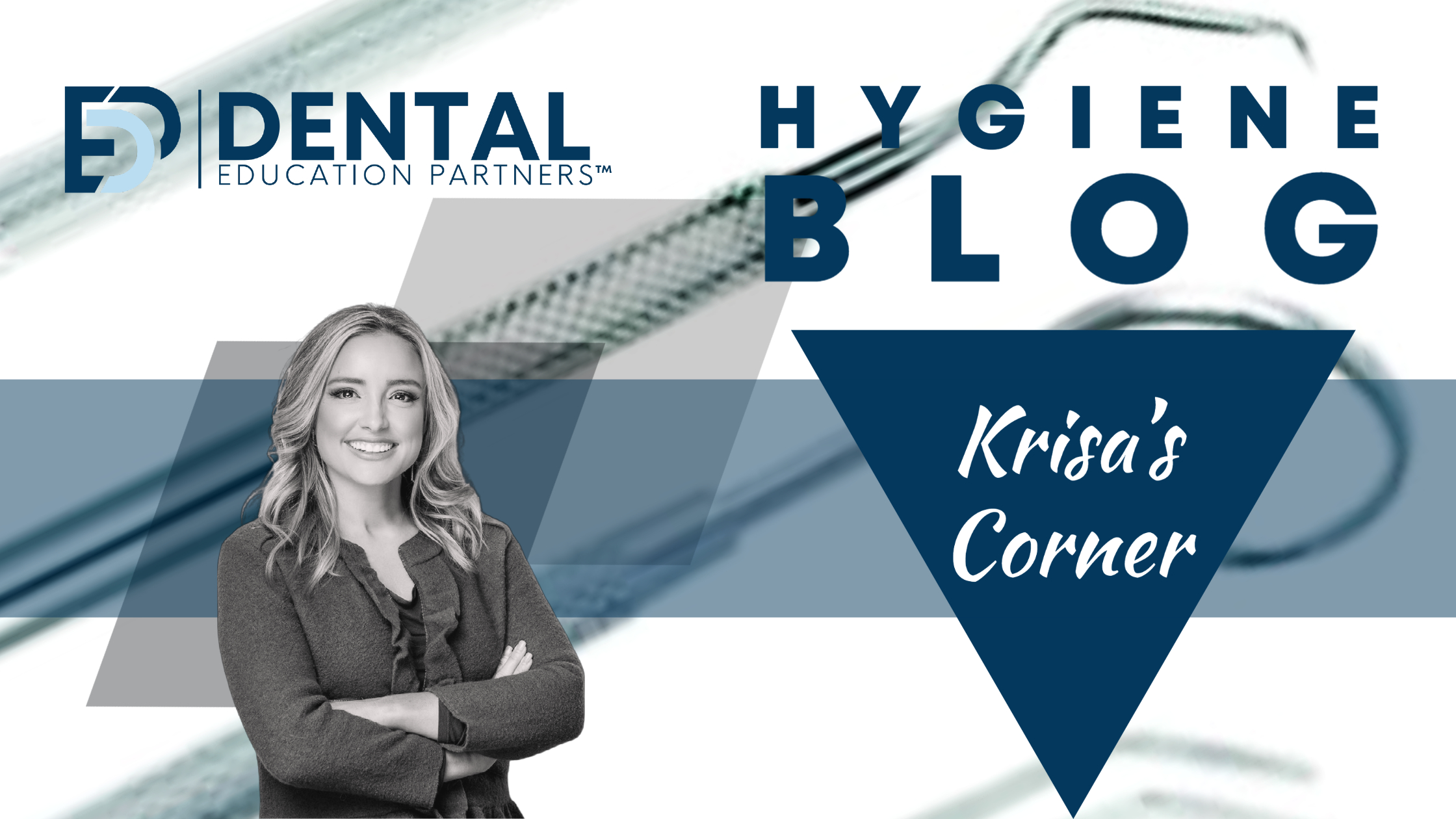Most people overlook that going to the dentist is vital for overall health. As dental professionals, we are responsible for educating patients and emphasizing the significance of preventive care. Oral health can have a direct impact on overall health. A comprehensive approach to patient care is essential, which involves thorough assessments and risk factor identification. This blog will explore the significance of understanding this mouth-body connection, the statistics regarding dental professionals who neglect screening, and the profound impact of untreated oral health issues on systemic diseases.
Understanding the Oral Systemic Link:
The oral-systemic link refers to the bidirectional relationship between oral health and the body’s overall health. It recognizes that conditions within the mouth can have far-reaching effects on systemic health and vice versa. Numerous studies have highlighted the connections between oral health and systemic diseases, emphasizing the need for a holistic approach to healthcare that integrates oral care into the broader spectrum of medical practices. As clinicians, it is our responsibility to educate individuals about the impact of oral inflammation on overall health.
Importance of proper patient screening:
While most dental professionals prioritize comprehensive patient care, there are instances where neglect occurs. Properly assessing the patient is fundamental to dental care beyond treating immediate oral issues. Dental professionals play a crucial role in identifying risk factors for systemic diseases during initial and routine examinations. According to an American Dental Association panel survey conducted in 2022, which consisted of 258 dentists (clinical evaluators,) when asked who discusses and reviews the medical history at initial patient visits, 60% said the dentist and 19% said the hygienist.1 The percentage drastically declined with returning patients to 21% of dentists and 32% of hygienists.1 When asked what was being obtained and recorded at every visit, 75% reported changes in medical history, 66% reported updating medication, and 33% recorded visits with other healthcare providers.1 Of the 93% of respondents that reported treating patients who are undergoing treatment or who are in remission for cancer, astoundingly, only 48% reported doing caries risk assessments for all patients. Consider using the information provided to ask more profound questions, perform comprehensive evaluations, and assess risks during every visit. This approach helps to identify potential health issues that could manifest or worsen in other parts of the body, allowing for early intervention and collaboration with other healthcare providers to address systemic problems more effectively.
Oral health and Cardiovascular Disease:
Oral health can directly impact overall health. Numerous studies have revealed a correlation between periodontal disease and a higher risk of heart disease. This is because when there is a dysbiotic oral microbiofilm present in the mouth, it triggers an inflammatory response within the mouth and throughout the body. Inflammation in the body exacerbates systemic processes. Therefore, we must treat the inflammation at the source to reduce the risk of cardiovascular disease and improve overall patient outcomes.
Pregnancy Complications:
An estimated 15 million newborns are born preterm, and more than 20 million are born with low birth weight each year.2 There are many causes of complications, one of which is due to infections, such as periodontal disease. Scientific evidence has shown that there is an association between periodontal health during pregnancy and adverse outcomes of labor. However, interventional studies based on the treatment of periodontitis have failed to document an impact on reducing the incidence of preterm birth (PB) or low birth weight (LBW).3 There are two ways that periodontal disease can lead to complications: 1) a direct pathway through gingival biofilm3, or 2) the indirect pathway through the production of pro-inflammatory markers that enter the bloodstream.3 As dental professionals, we could change the trajectory or improve the outcome by practicing proactive dental care.
Alzheimer’s Disease:
Emerging research suggests a potential link between poor oral health and Alzheimer’s disease. Chronic inflammation and bacterial infections in the mouth may contribute to cognitive decline. In 2019, Alzheimer’s disease and other forms of dementia ranked as the 7th leading cause of death; of that, 65% of deaths from Alzheimer’s and other forms of dementia are women.4 Knowing this information can open up new conversations with patients and allow for a deeper dive into medical histories and screenings.
Diabetes:
Individuals with diabetes are more susceptible to gum disease, and conversely, untreated gum disease can make it challenging to control blood sugar levels. This interplay highlights the importance of managing oral health for those with diabetes. Someone with diabetes has an immune system that is working overtime. If we can help with nutritional counseling and controlling inflammation, we will have played a massive role in reducing diabetes and periodontal disease.
Pancreatic Cancer:
A study in the Journal of the Medical Association found that individuals with high levels of P. gingivalis had a 59% greater risk of developing pancreatic cancer.5 P. gingivalis is a red-complex bacteria that is very harmful and, if not eradicated, can damage soft tissues and bone, not to mention cause a cascade of systemic events.
This blog has explained some connections between oral health and overall health. Still, there are many other links, such as an increased risk of lung disease, autoimmune disease, and metabolic conditions. There is no reason we shouldn’t be proactive in our care. Dental professionals must prioritize proper patient screening, identification of risk factors, and proactive questioning to address potential systemic issues early on. By recognizing our role and the profound impact of untreated oral health problems on conditions such as those mentioned above, we can work towards a more holistic and integrated approach to healthcare, bridging the gap between oral health and systemic health, which, in turn, benefits patients on multiple fronts.
1. Villa, Alessandro, et al. “Oral-Systemic Health Considerations in Dental Settings.” The Journal of the American Dental Association, vol. 153, no. 4, Apr. 2022, pp. 388-389.e2, https://doi.org/10.1016/j.adaj.2022.01.006. Accessed 27 Nov. 2022.
2. Preterm and low birth weight. (n.d.). Www.who.int. https://www.who.int/teams/maternal-newborn-child-adolescent-health-and-ageing/newborn-health/preterm-and-low-birth-weight
3. Puertas A, Magan-Fernandez A, Blanc V, Revelles L, O’Valle F, Pozo E, León R, Mesa F. Association of periodontitis with preterm birth and low birth weight: a comprehensive review. J Matern Fetal Neonatal Med. 2018 Mar;31(5):597-602. doi: 10.1080/14767058.2017.1293023. Epub 2017 Feb 28. PMID: 28282773.
4. World Health Organization. (2020, December 9). The Top 10 Causes of Death. World Health Organization; WHO. https://www.who.int/news-room/fact-sheets/detail/the-top-10-causes-of-death
5. Gum disease may signal warning for pancreatic cancer. (2016, August 11). Harvard Health. https://www.health.harvard.edu/staying-healthy/gum-disease-may-signal-warning-for-pancreatic-cancer#:~:text=They%20found%20that%20those%20with%20high%20levels%20ofJA


